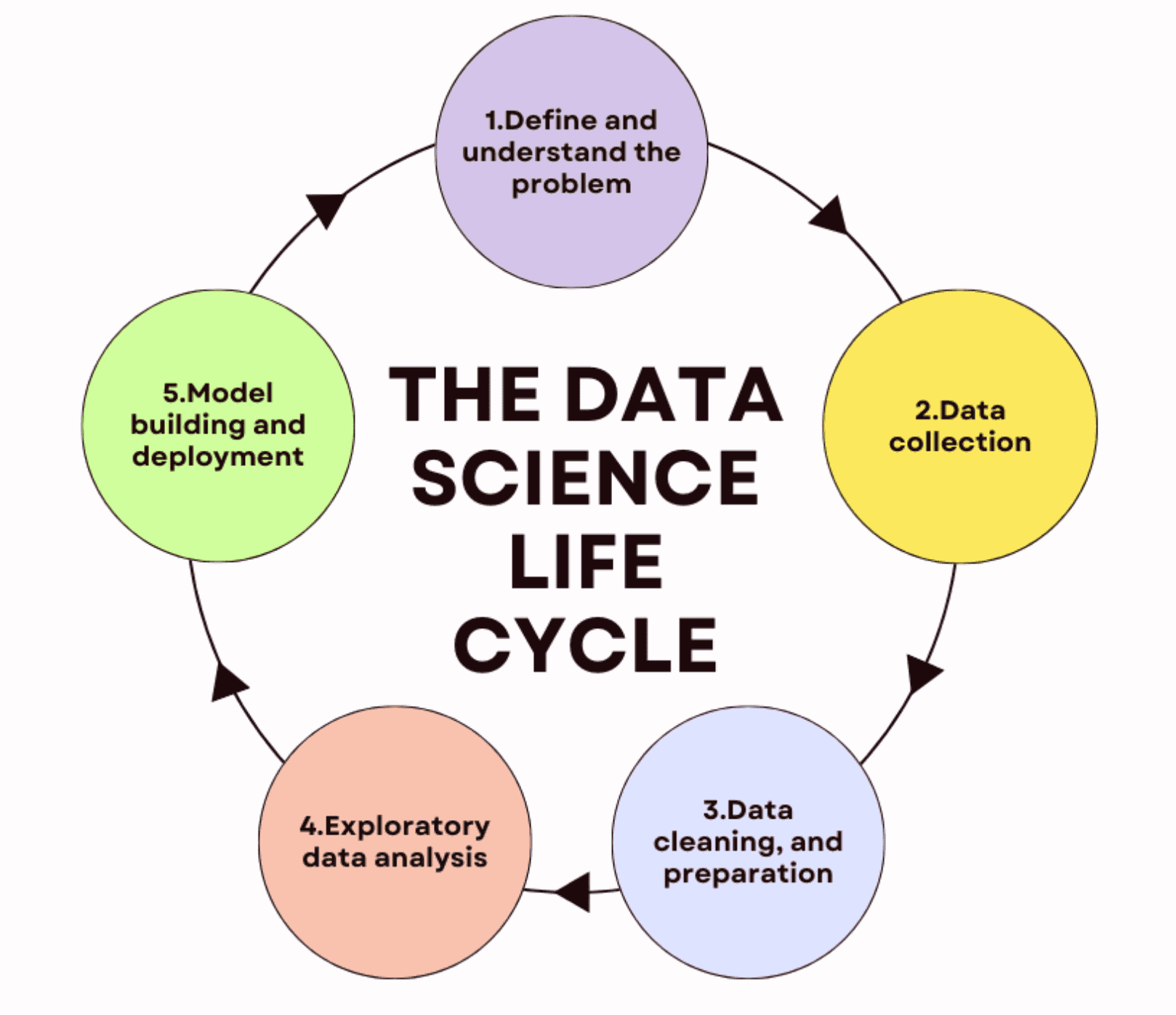What is MLOps
MLOps, or DevOps for machine learning, is a practice that aims to bring the collaboration and communication of DevOps to the development and deployment of machine learning models. This includes the integration of code, data, and model management in a way that allows for continuous training and deployment of models. Some key differences between MLOps and DevOps include:
MLOps focuses specifically on the deployment and management of machine learning models, while DevOps is broader and can encompass a wider range of software development and deployment activities. MLOps often involves the use of specialized tools and technologies, such as model serving frameworks and machine learning pipelines, that are not typically used in DevOps. The training and evaluation of machine learning models can be a complex and resource-intensive process, which requires a different set of practices and processes than those used in traditional software development. Overall, the goal of MLOps is to enable organizations to effectively manage the end-to-end life cycle of their machine learning models, from development to deployment and maintenance, in a way that is efficient, scalable, and reliable.
What is DevOps is not enough for MLOps
While DevOps can help to streamline the software development and deployment process, it is not specifically designed to address the unique challenges of the machine learning life cycle. Machine learning models are typically more complex and resource-intensive than traditional software, and require specialized tools and processes to manage their development, training, evaluation, and deployment.
Some key reasons why DevOps alone is not enough to streamline the machine learning life cycle include:
- Machine learning models require large amounts of data and computing resources for training, which
can be difficult to manage using traditional DevOps tools and practices.
- The process of training and evaluating machine learning models is iterative and can involve many
different stages and steps, which may not be easily managed using DevOps approaches that are focused on continuous integration and deployment.
- Machine learning models are often deployed in a production environment where they are used to make
real-time predictions or decisions, which requires specialized model serving and monitoring tools that are not typically part of a DevOps toolkit.
Therefore, to effectively manage the machine learning life cycle, organizations need to adopt specialized practices and tools that are tailored to the unique challenges of building, training, and deploying machine learning models. This is where MLOps comes in.
Ideal MLOps platform
An ideal platform for the development and deployment of machine learning models would have a number of key features and capabilities. Some of the most important characteristics of an ideal platform would include:
- Scalability and flexibility: The platform should be able to support the development and deployment
of machine learning models at any scale, from small experimental models to large-scale production systems. It should also be flexible enough to support a wide range of machine learning frameworks, tools, and technologies.
- Collaboration and integration: The platform should facilitate collaboration and communication among
different teams and individuals involved in the machine learning life cycle, including data scientists, engineers, and operations staff. It should also be able to integrate seamlessly with existing DevOps and IT infrastructure.
- Data and model management: The platform should provide robust data and model management
capabilities, including data versioning, model versioning, and the ability to track and compare the performance of different models.
- Monitoring and deployment: The platform should enable the deployment of machine learning models to
production environments, and provide tools for monitoring and managing their performance in real-time.
- Security and governance: The platform should support secure and compliant deployment of machine
learning models, with features such as fine-grained access control, audit trails, and compliance monitoring.
Overall, an ideal platform for machine learning should provide a seamless, end-to-end solution for managing the entire life cycle of machine learning models, from development to deployment and maintenance. It should enable organizations to build, train, and deploy machine learning models efficiently and reliably, at scale and in a way that is aligned with their business goals and objectives.


